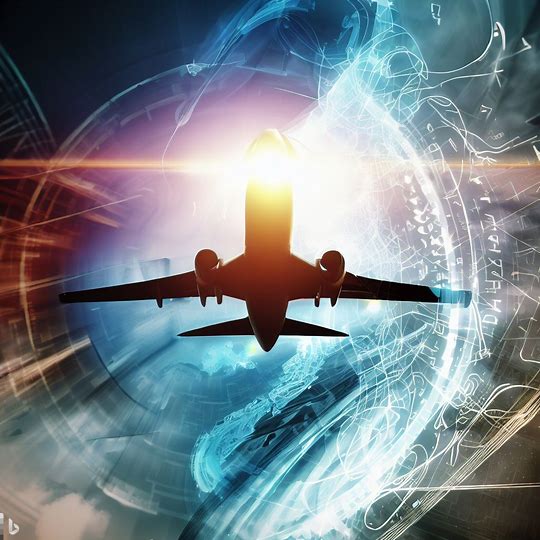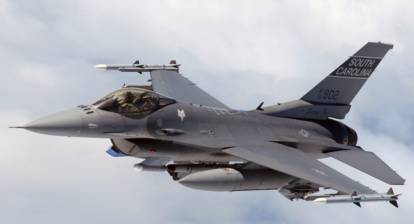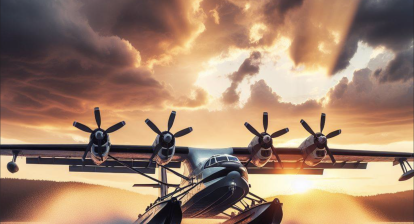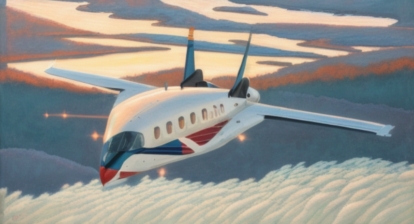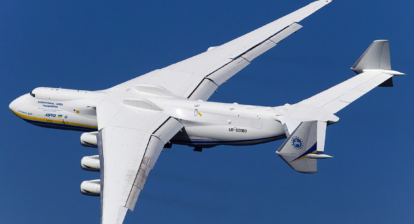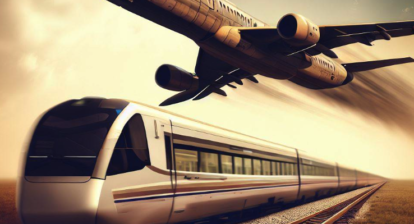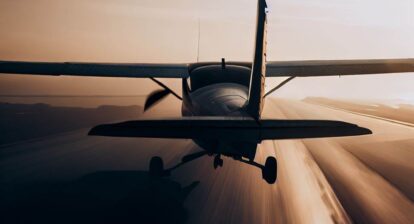Unlocking the Skies: Artificial Intelligence Revolutionizes Aviation
Discover the groundbreaking impact of Artificial Intelligence in the aviation industry, reshaping air travel and safety. Explore the cultural aspects and technical advancements driving this revolutionary change. By Vicente Jubes – Aviation Network Group.
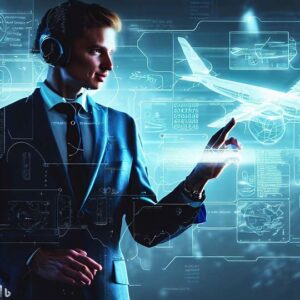 Artificial Intelligence and the Aviation industry have joined forces to propel air travel into the future. With cutting-edge technology at its core, AI is transforming every aspect of aviation, from safety measures to operational efficiency. This article dives into the history, important facts, numbers, and statistics that showcase the game-changing role of AI in the skies.
Artificial Intelligence and the Aviation industry have joined forces to propel air travel into the future. With cutting-edge technology at its core, AI is transforming every aspect of aviation, from safety measures to operational efficiency. This article dives into the history, important facts, numbers, and statistics that showcase the game-changing role of AI in the skies.
1. History of AI in Aviation:
The integration of AI in aviation dates back to the late 20th century, where AI-powered systems first emerged to assist pilots in navigation and flight planning. Over the years, the capabilities of AI have expanded, making way for autonomous aircraft and revolutionizing air traffic management.
2. Important Fact: Enhanced Safety:
AI has dramatically improved safety in aviation. Intelligent algorithms analyze vast amounts of data from sensors, weather conditions, and flight patterns, enabling early detection of potential hazards and minimizing the risk of accidents.
3. AI by the Numbers:
Today, more than 80% of commercial airlines use AI-powered predictive maintenance to optimize aircraft performance and reduce downtime. Additionally, AI-powered automation has led to a 30% reduction in aviation operational costs.
 4. Technical Advancements:
4. Technical Advancements:
AI-driven technologies such as computer vision and natural language processing have streamlined airport operations. Facial recognition systems expedite check-ins, while chatbots provide real-time assistance to passengers, enhancing the overall travel experience.
5. Cultural Influence:
AI’s integration in aviation has had a profound cultural influence, inspiring futuristic portrayals in popular media. Iconic movies and TV series like “Air Force One” and “Airport ’77” have depicted AI-driven aviation scenarios, capturing the imagination of audiences worldwide.
6. AI in the Skies:
AI’s application in autonomous drones and pilot assistance systems has opened new possibilities in the aerospace industry. These advancements are reshaping cargo delivery, aerial surveying, and even urban air mobility.
7. Price Forecast and Data Insights:
With increasing AI adoption, the global AI in aviation market is projected to surpass $2 billion. Data-driven insights and machine learning algorithms are driving decision-making processes in airlines, optimizing routes, and improving fuel efficiency.
In conclusion, the marriage of Artificial Intelligence and aviation is revolutionizing the skies, transforming air travel with enhanced safety, efficiency, and innovation. As AI continues to evolve, we can expect even greater advancements, further solidifying its role in shaping the aviation industry’s future.
By Vicente Jubes
Links:
https://www.instagram.com/p/CvAD-x_gHW0/?img_index=1
